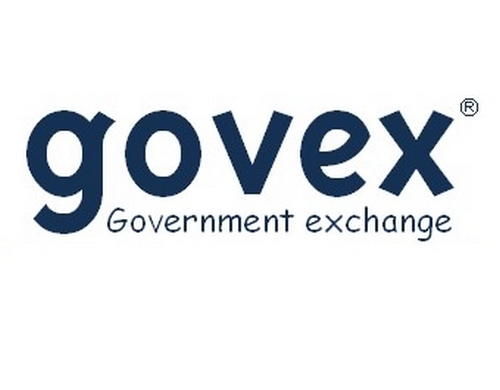Commission requests The Netherlands to comply with EU rules
The European Commission has today decided to request The Netherlands to ensure fair access to public contracts in two separate cases, one concerning real estate development in the municipality of Ede and the other concerning The Netherlands' practices in awarding public contracts for fire insurance. The aim of EU public procurement rules is to ensure fair and transparent competition for public contracts in Europe, thereby creating opportunities for European companies while ensuring best value for public money. The requests take the form of "reasoned opinions" under EU infringement procedures. The Dutch authorities now have two months to inform the Commission of measures taken to comply with EU public procurement rules. If they fail to do so, the Commission may refer The Netherlands to the Court of Justice.
What is the aim of the EU rules in question?
Public procurement is about how public authorities spend public money. It covers purchases of everything from coffee to computer systems, waste water plants, ship building or consulting services. Total public procurement in the EU is estimated at about 17% of the Union’s GDP. The open and transparent tendering procedures required under EU public procurement rules mean more competition, stronger safeguards against corruption, and better service and value for money for taxpayers.
How is the Netherlands not respecting these rules?
The Dutch municipality of Ede awarded several contracts for the land development project "Het Nieuwe Landgoed" to one developer, without having carried out a European tender procedure. The contractor was to develop a centre for commercial and social use, including a sports hall, as well as approximately 1 168 parking spaces and 648 houses, including 60 for social housing. The total value of the contracts was worth approximately €140 million.
The Commission considers that the contracts concerned are public works contracts and a public works concession and as such should have been awarded following the publication of contract notices in the EU Official Journal and the completion of a tendering process. The Commission is of the opinion that in the absence of such a tendering process, The Netherlands has failed to fulfil its obligations under EU public procurement rules.
In the Commission's view, the main objective of the contracts was not the sale of land, but the execution of works, which falls under EU public procurement rules. As the contractor was to develop specific sites, the municipality took the decisions on the buildings to be constructed. Furthermore, the initiative for the project was taken by the municipality of Ede and its influence on the project went far beyond the mere exercise of the municipality's urban-planning powers.
Although the developer is to carry out the project at his own risk and does not receive a direct payment from the municipality, the Commission considers that the municipality of Ede has given the developer a right of exploitation within the meaning of the EU public procurement rules, since the developer acquires for the project a tailor-made building license that gives him the right to construct and exploit the work foreseen in the contract. Some parts of the work in question – the sports hall and a number of parking places - will however be directly paid for by the municipality.
The Commission is also of the opinion that the municipality of Ede obtained a clear and direct economic benefit by means of this contract within the meaning of the jurisprudence of the Court of Justice in a similar case (Case C-451/08, Helmut Müller).
How are citizens and businesses suffering as a result?
The contracts were awarded after an informal tender procedure with very limited transparency and no prior call for competition was organised. Companies from other Member States could hardly have known that the municipality of Ede was to award the contracts with a total value of more than €140 million. In addition, by awarding contracts in this way, the municipality does not obtain best value for taxpayers' money.
Fire insurance contracts. How is The Netherlands not respecting EU rules and how are businesses and citizens suffering as a result?
In The Netherlands there is a general administrative practice of awarding public contracts for fire insurance by means of negotiated procedure with publication of a contract notice. Although such a procedure is in principle open to all interested candidates, the fact that negotiations take place between the public authorities and the individual bidders entails significant more risks for the equal treatment of bidders than the open or restricted procedure – the standard procedures under EU law. Furthermore, the negotiated procedure is much less transparent.
EU public procurement rules allow contracting authorities to use the negotiated procedure only in exceptional cases. The generalised use of this procedure in the field of fire insurance is, according to the Commission, not in line with these rules.
Furthermore, the Commission notes that the Dutch authorities do not publish all the required information in the contract award notice in the EU Official Journal, such as the name of the company to whom the contract was awarded as well as the total value of the contract. The Commission considers this makes the public procurement market less transparent.
Source : European Commission


